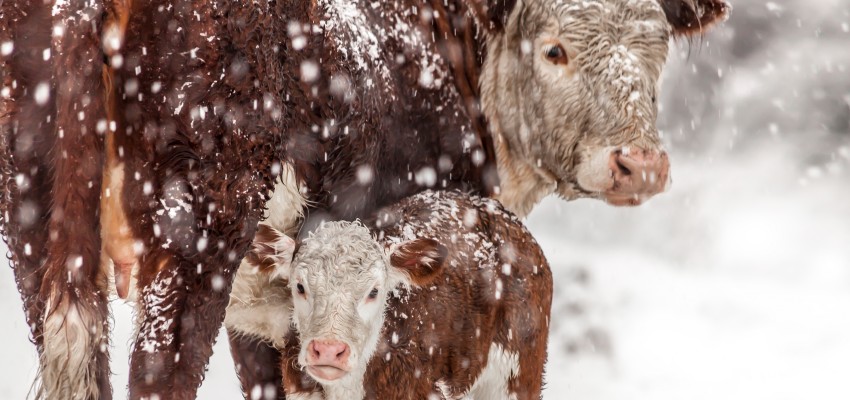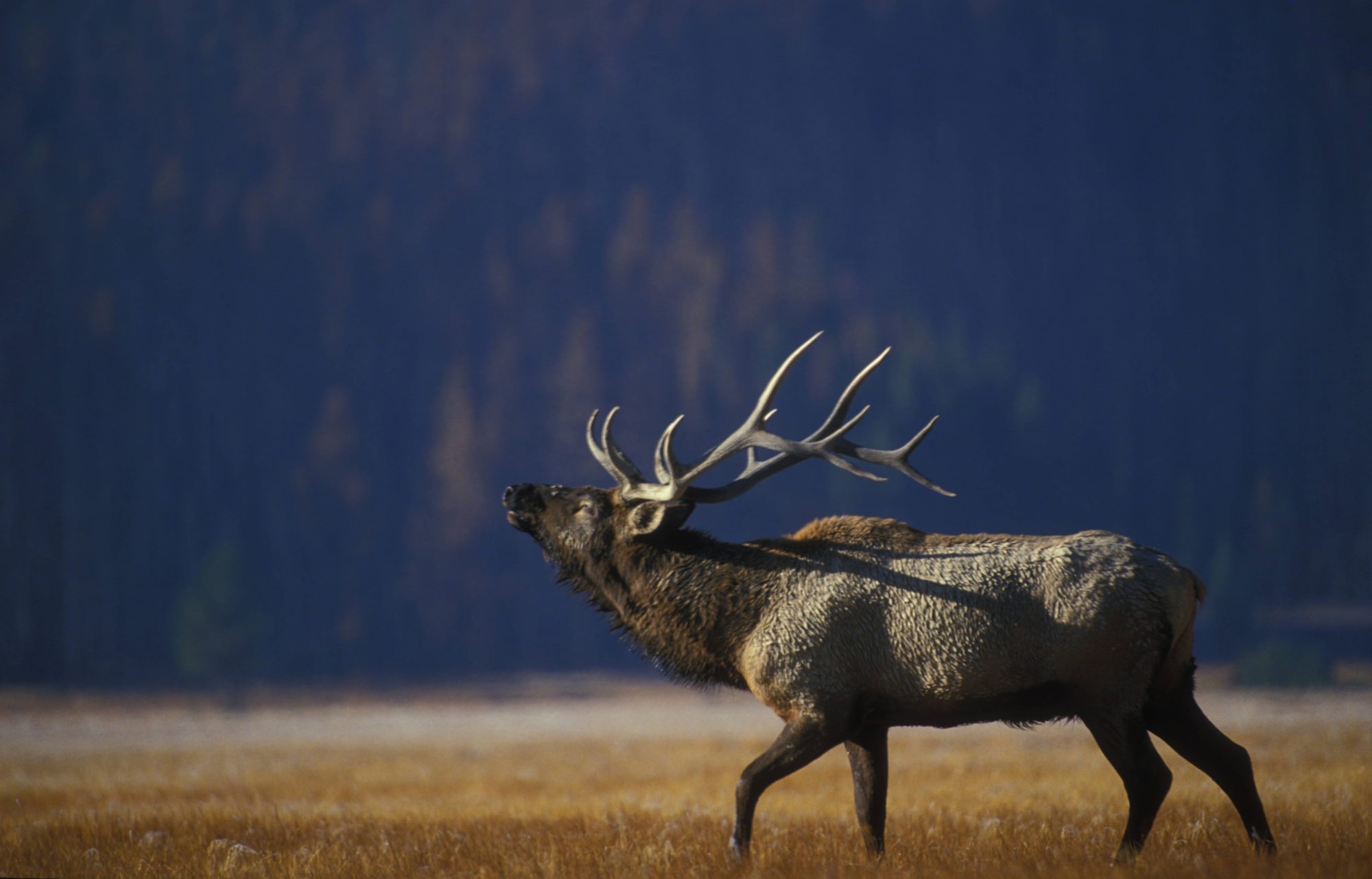Rural Business
Rural Colorado faces unique challenges, including economic disruptions, impacts from inflation, substance abuse, mental health problems and ever-increasing natural disasters. It’s important that federal, state and local policies uphold and protect constitutional rights, support rural communities, are pro-business, protect private property rights and include agricultural and rural voices. Tax provisions specific to the longevity of agricultural businesses and the survivability of family farms remain a priority to CFB advocacy efforts. A long-term solution to the Estate Tax is needed as well as support for rural healthcare and business-friendly tax policies that acknowledge the unique nature of agricultural production. Increased regulation of the employer-employee relationship should not be onerous and recognize differences between agricultural and urban work environments. Reforms to existing agricultural labor programs or the creation of new programs should improve access to agricultural labor, not limit it.








